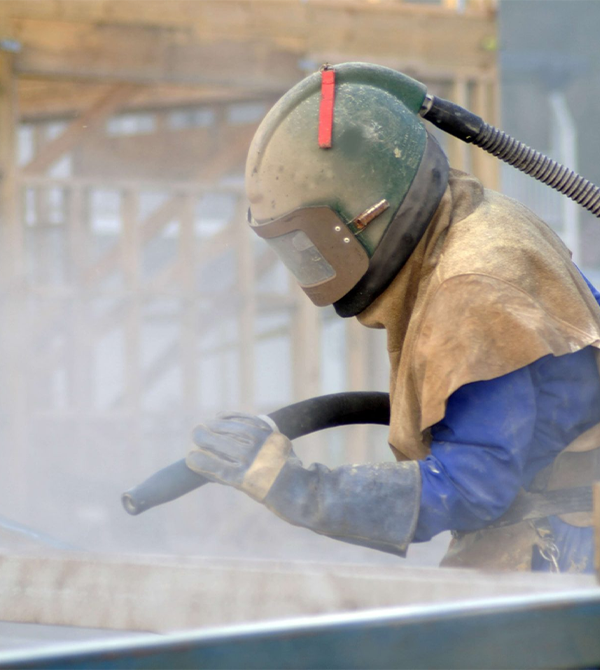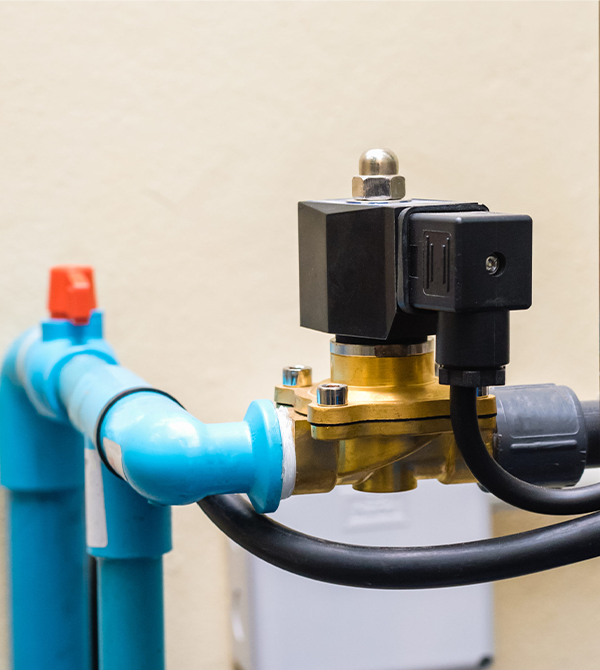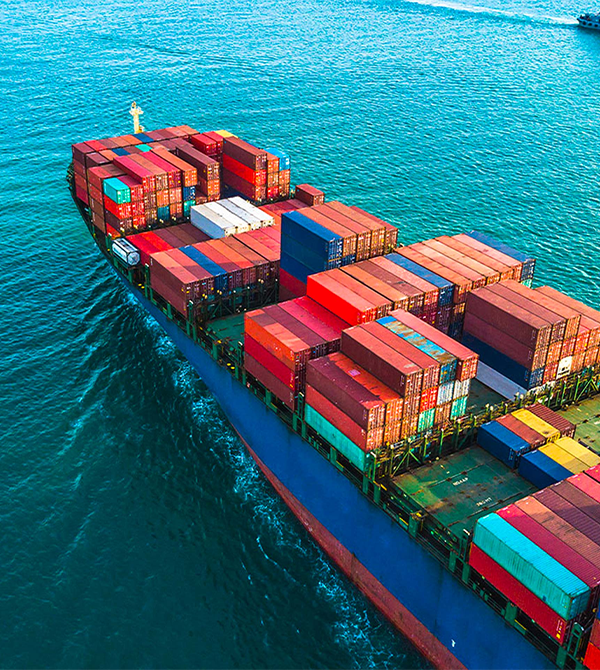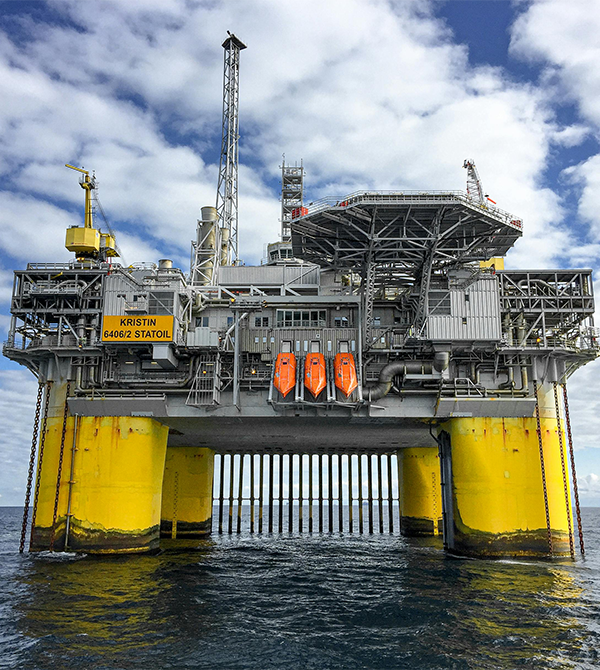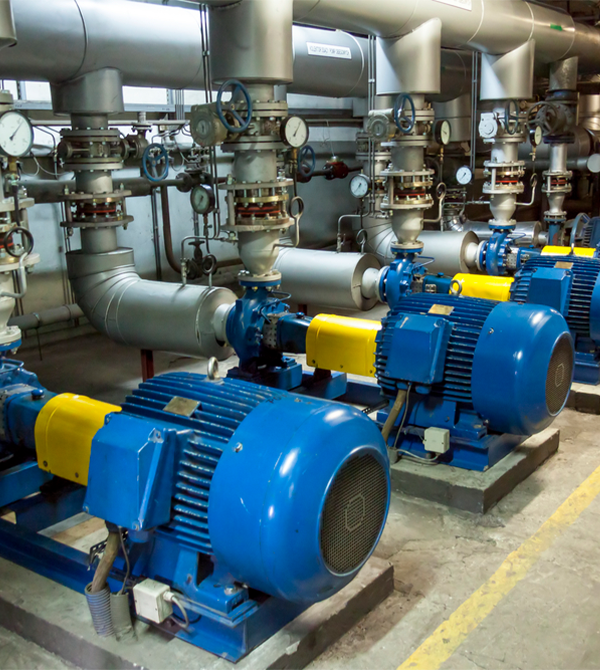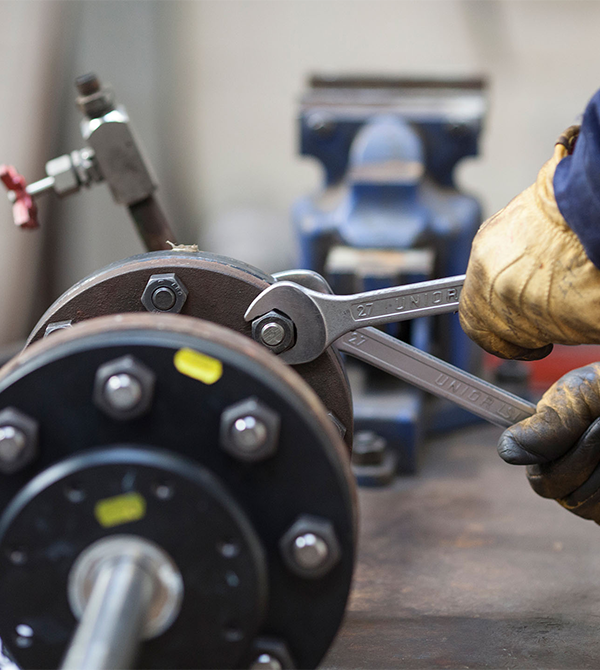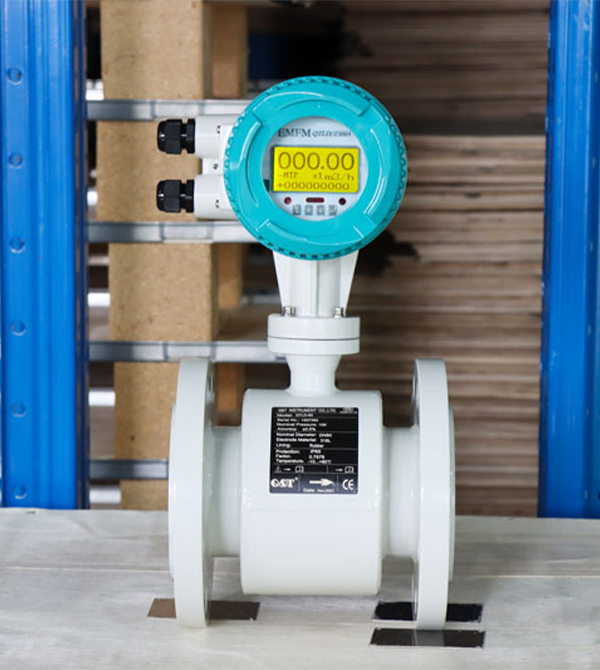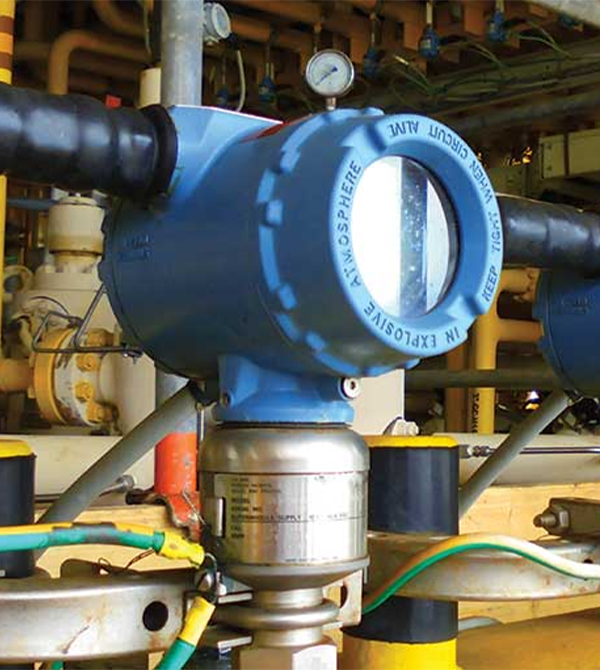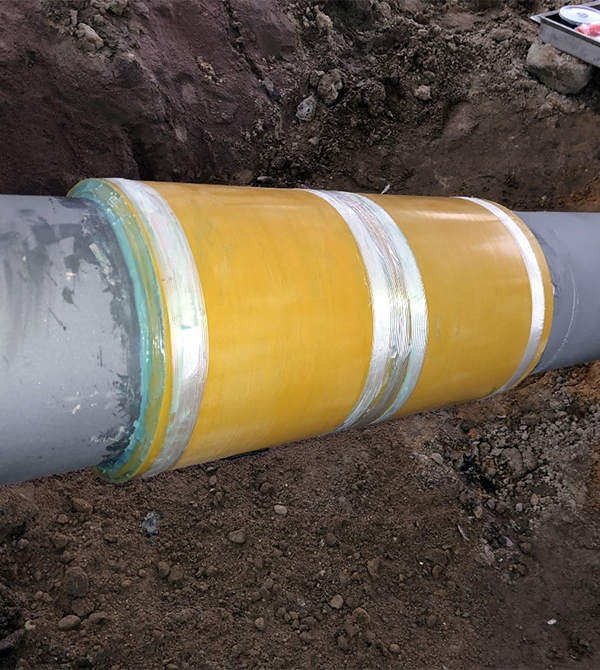Innovating Cleaner Air For A Healthier Future
ISL is committed to reducing its environmental impact and contributing to a healthier future. Our Clean Air Initiative is a significant step towards this goal, a comprehensive program to replace the high-emission diesel-powered engines in our equipment with cleaner alternatives by 2030.
The Program
Phase-out of Existing Engines:
We will systematically retire our existing high-emission diesel engines across all our operations by 2030.
Evaluation & Investment:
Phase-out of Existing Engines:
We will systematically retire our existing high-emission diesel engines across all our operations by 2030.

Clean & Healthy Air
Options Include
Low-Emission Diesel: For equipment with impractical electric alternatives, ISL will invest in newer diesel models equipped with advanced emission control technologies (e.g., Diesel Particulate Filters, Selective Catalytic Reduction) that meet the latest Euro 4.5 standards.
Electric Equipment: ISL will priorities electric vehicles and machinery whenever possible. This includes electric forklifts for warehouses, electric vehicles, and electric-powered construction tools.
Biodiesel Blends: In some cases, ISL may explore using biodiesel blends in existing diesel equipment as a transitional step towards full electrification. Biodiesel is a renewable fuel derived from plant or animal fats that can significantly reduce greenhouse gas emissions.
The Benefits
Cleaner Air: The Clean Air Initiative will significantly reduce ISL’s contribution to air pollution, leading to cleaner air and improved public health in our communities.
Reduced Emissions: By transitioning away from diesel and towards cleaner technologies, ISL will minimize emissions of harmful pollutants like particulate matter, nitrogen oxides, and greenhouse gases.
Sustainability: Electric equipment powered by renewable energy sources reduces reliance on fossil fuels and promotes a sustainable future.
Cost Savings: While new engines and equipment will require an upfront investment, ISL anticipates long-term cost savings through lower fuel consumption and reduced maintenance needs of electric and newer, low-emission diesel models.
In 2023, we successfully phased some diesel engines for electric. This aligns with our forecasted projections to meet our target of replacing or scrapping older high-emission engines by 2030.
Together, through the Clean Air Initiative, ISL is taking a proactive step towards a cleaner, healthier future for our planet and communities.

